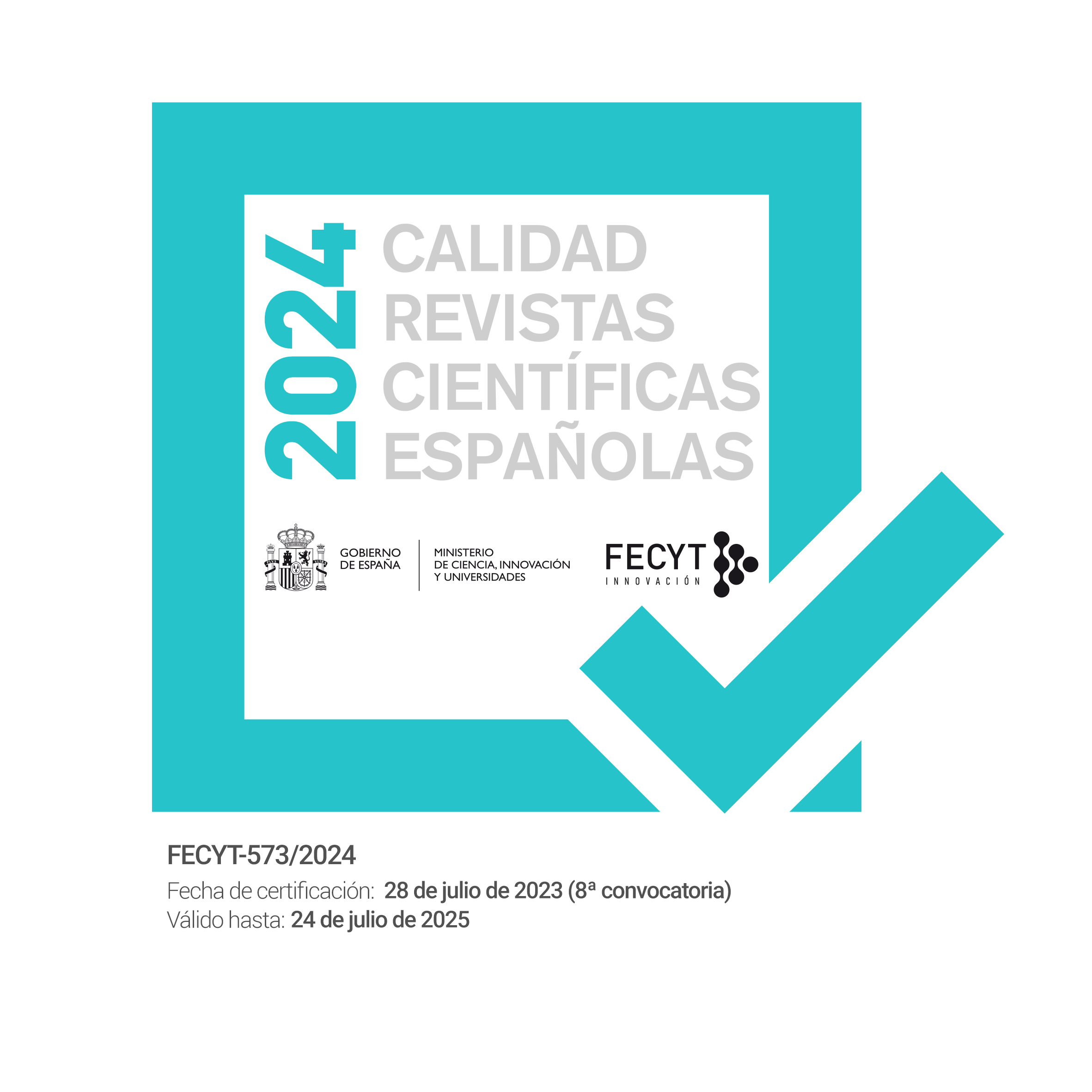PRE-Prints
Implementation of a Pilot Plan for the development of PRE-Prints.
Preprints have revolutionised the communication of scientific research results in the last decade, especially in the field of biology and medical sciences. Journal rating agencies demand that journals have such a publication procedure. In architecture, it is difficult to find an agile and direct link between researchers and these articles in gestation.
Astrágalo accepts preprints validated with DOI in other platforms and journals with a recognised seal, but this must be stated in the submission. Preprints must, in any case, follow the same guidelines for authors and undergo double-blind peer review. If the submitted texts are accessible or recognisable on other digital platforms, but lack a DOI, they can be assimilated to preprints, but must be removed from those platforms to ensure the peer review process.







 2024 QUALIS-CAPES: Anthropology / Archaeology A3; Architecture, Urban Planning And Design A3; Urban And Regional Planning / Demography A3
2024 QUALIS-CAPES: Anthropology / Archaeology A3; Architecture, Urban Planning And Design A3; Urban And Regional Planning / Demography A3





